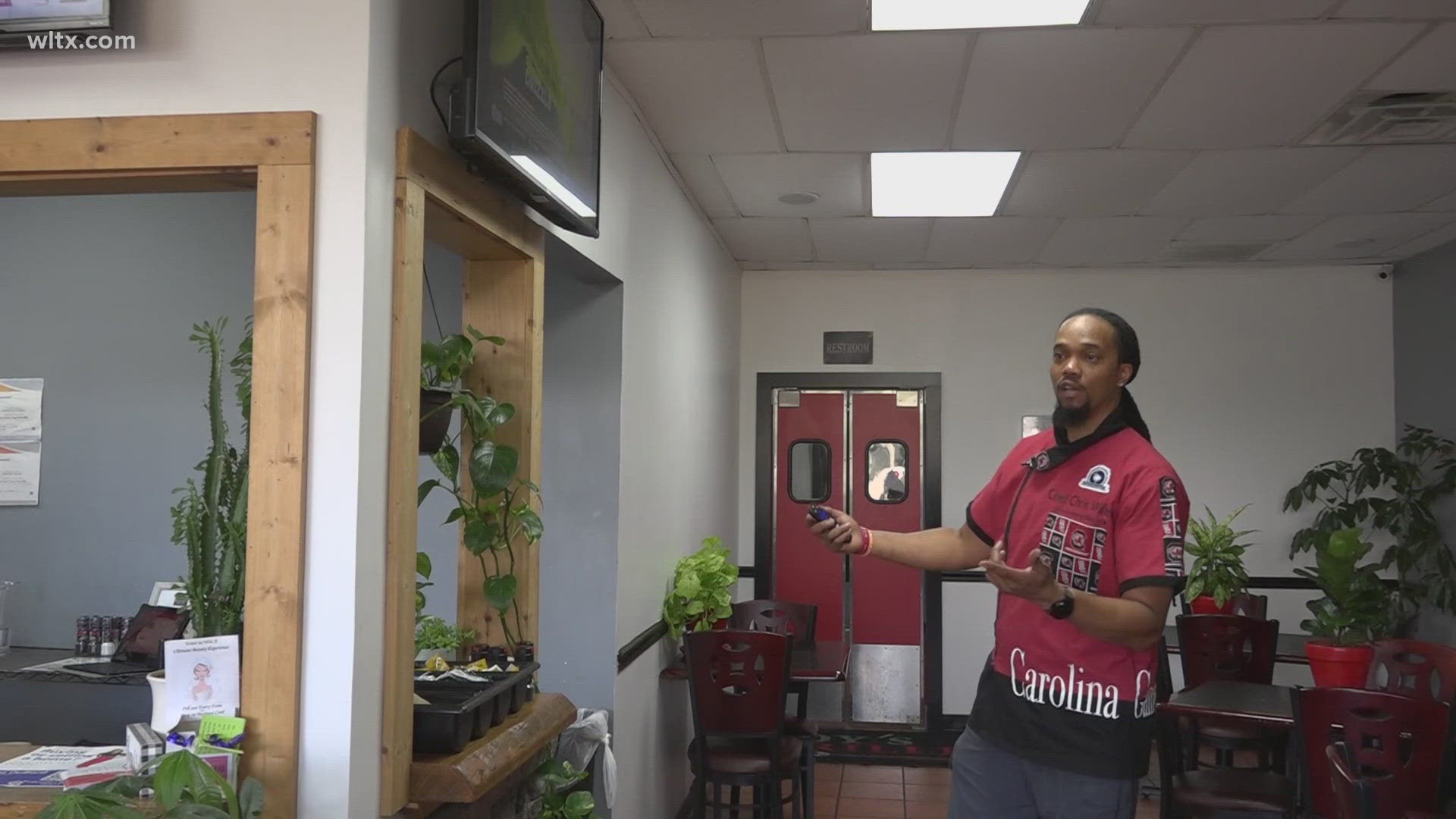CAYCE, S.C. — A Cayce restaurant says it will close by the end of January due to rising costs tied to a former of required insurance.
Henry's of Cayce on State Street announced on Sunday that it was closing due to the increased cost of liquor liability.
"We would like to thank all of our former and current employees for their loyalty, dedication and hard work. Without you, we would not have made it for almost seven years," the restaurant stated in an announcement on Facebook. "We would also like to thank all of our loyal regulars and patrons who have supported us over the years."
The restaurant also thanked the City of Cayce, Mayor Elise Partin, and the Cayce police and fire departments for their support.
The restaurant did not have an exact date for closure but invited members to visit in its final weeks.
"We are grateful and thankful for all of your support over the years," the post concluded, signed Bennett Brown and Henry Lees.
Impact of a 2017 law on South Carolina bars
While not mentioned in the post directly, restaurants and bars in the state have called into question a law signed in 2017 that mandates businesses holding liquor licenses secure a minimum of $1 million worth of coverage. As WLTX's Becky Budds previously reported, the law intended to safeguard victims of drunk driving and their families.
However, opponents of the bill say that it, along with rising insurance rates, has instead led to increased prices and the closure of bars.
House Bill 4529, called the South Carolina Save Our Venues Act, was introduced in 2023 and referred to the committee on the judiciary where it remains. The bill, which is also listed in the 2023-2024 session, would prevent businesses from being held liable for injury, death or damage caused by a person who became overly intoxicated as long as the business did not continue selling alcohol to that person beyond a reasonable level.
However, proponents of the law, like Sen. Dick Harpootlian, said in Budds' 2023 interview that the law should not be altered - instead suggesting advocates hold insurance companies accountable.
"If insurance companies decide to withdraw from offering this type of coverage, our insurance department should follow Florida's example and restrict their ability to underwrite other types of insurance here," he said.



